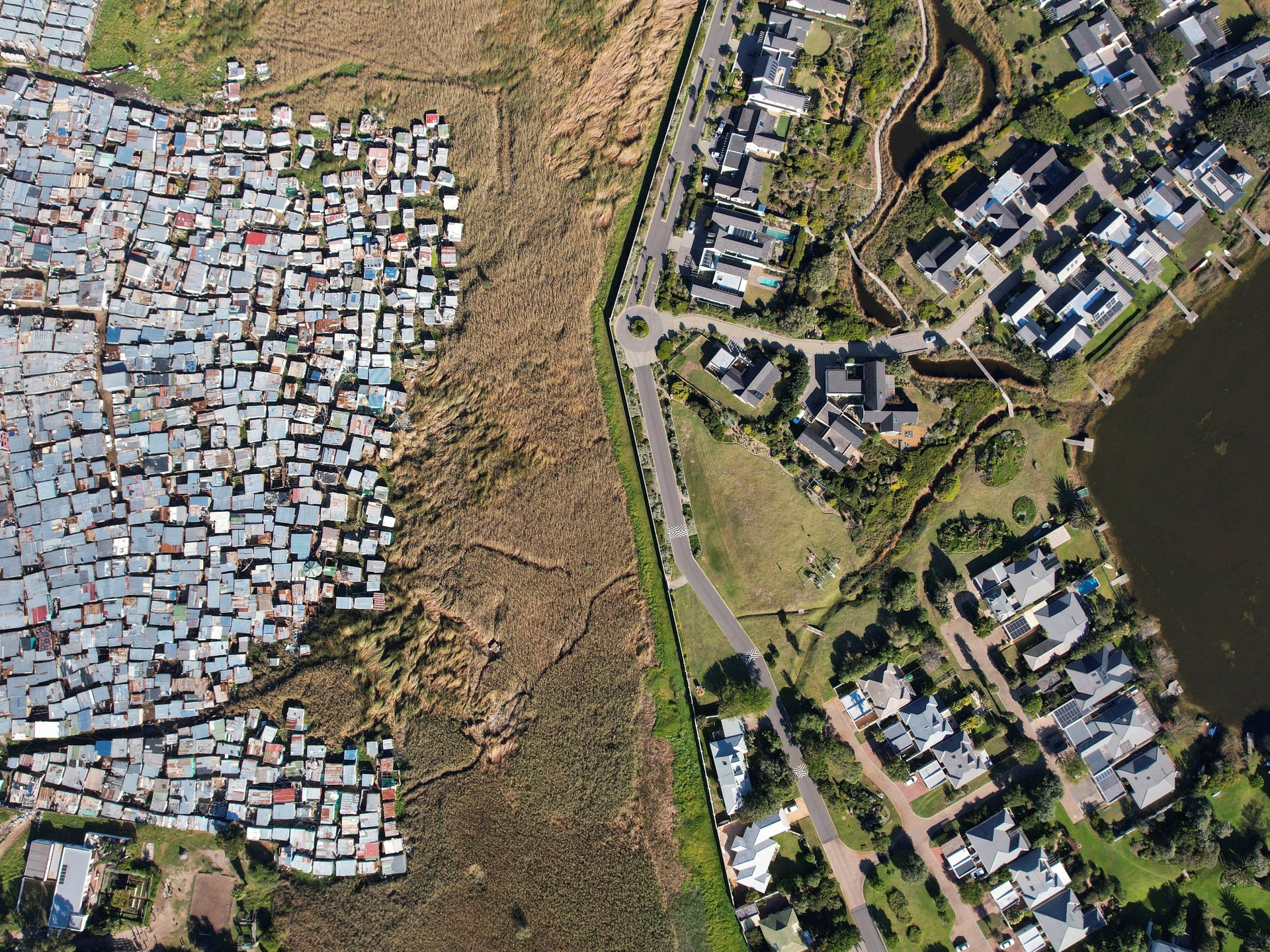Africa
Is South Africa ‘confiscating land’, targeting some groups as Trump claims?

Trump Threatens South Africa Over Land Reform: Understanding the Controversy
In a recent escalation of diplomatic tensions, United States President Donald Trump has threatened to cut all funding to South Africa over claims of illegal land grabs by the South African government. Trump’s assertions, made on his social media platform Truth Social, allege that South African authorities are unlawfully confiscating land, particularly targeting white South Africans. However, these claims have been vehemently denied by the South African government, which insists that its land reform policies are lawful and aimed at addressing historical injustices stemming from apartheid.
The Expropriation Act: A Tool for Land Reform or Confiscation?
At the heart of the controversy is South Africa’s newly adopted Expropriation Act, which was signed into law by President Cyril Ramaphosa in January 2025. The law is designed to facilitate the state’s ability to expropriate land in the public interest, with the goal of addressing the deep racial disparities in land ownership that persist decades after the end of apartheid. Ramaphosa has emphasized that the law is not a "confiscation instrument" but rather a constitutionally mandated process that balances public needs with the protection of property rights. The law allows for expropriation without compensation in cases deemed "just and equitable and in the public interest," such as unused land or property that poses risks to the public.
Are White South Africans Being Targeted?
Trump’s claims that South Africa is treating "certain classes of people VERY BADLY" have been widely criticized as unfounded and divisive. His assertions evoke similar unproven claims he made during his first administration about "large-scale killings" of white South African farmers, which were rejected by the South African government as misinformed. The narrative of white South Africans being unfairly targeted has been amplified by right-wing groups like AfriForum, which has lobbied the U.S. government to take action against South Africa. However, researchers and academics have debunked claims of politically motivated attacks on white farmers, attributing violent crimes in the country to broader societal issues rather than racial targeting.
The Historical Context of Land Dispossession in South Africa
The debate over land reform in South Africa is deeply rooted in the country’s colonial and apartheid past. The Natives Land Act of 1913, a cornerstone of apartheid policy, forcibly removed Indigenous populations from their land and restricted Black South Africans from owning property in "white South Africa." Today, despite democracy being established in 1994, land ownership remains starkly unequal, with white South Africans, who make up just over 7% of the population, owning more than 70% of all privately owned farmland. The government’s efforts to address these disparities through land reform are seen as a critical step toward achieving a more equitable society.
Why Is Trump Focusing on South Africa Now?
Political analysts suggest that Trump’s statements may be motivated by a combination of misinformation and a broader coercive foreign policy agenda. Trump’s threat to cut off funding to South Africa comes amid a series of punitive measures against other countries, including sanctions on Canada and Mexico. Some speculate that South Africa’s stance on international issues, such as its censure of Israel at the International Court of Justice, may have contributed to Trump’s animosity. Additionally, Trump’s close adviser Elon Musk, who was born in South Africa, has been a vocal critic of the country’s land policies, accusing the government of "openly racist ownership laws." Musk’s influence may have played a role in shaping Trump’s views on the matter.
Implications for South Africa-U.S. Relations
The diplomatic fallout from Trump’s comments has raised concerns about the future of South Africa-U.S. relations. While Ramaphosa has taken a measured approach, expressing hope for a "better and common understanding" through diplomatic engagement, other South African officials have suggested more assertive responses. Minister of Mineral Resources Gwede Mantashe proposed withholding mineral exports to the U.S. if funding is cut, highlighting the economic interdependence of the two nations. South Africa is a significant supplier of minerals such as platinum, iron, and manganese to the U.S., and the country also benefits from trade agreements like the African Growth and Opportunity Act (AGOA). Despite Trump’s threats, South Africa has downplayed the immediate impact of losing U.S. aid, noting that the majority of its HIV/AIDS programs are independently funded. Nevertheless, the diplomatic spat has caused investor unease, with the South African rand and stocks experiencing a sharp decline following Trump’s remarks. As tensions rise, the international community will be watching closely to see how this dispute unfolds.